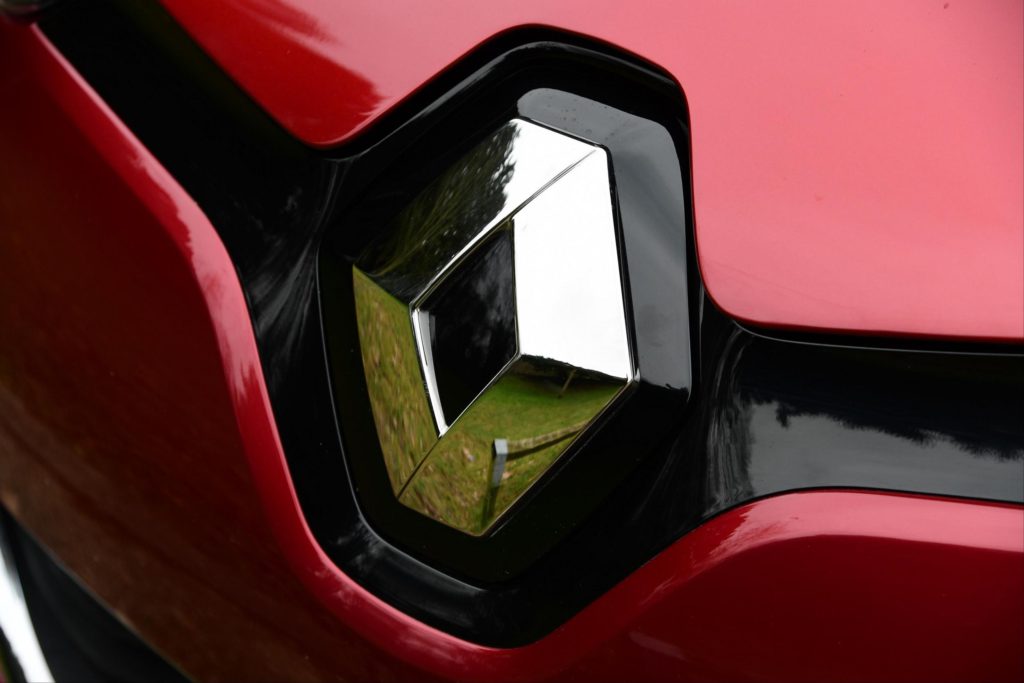Renault’s first-half sales down 34.9% as electric models provide boost
20 July 2020

20 July 2020
Renault Group has reported a fall in sales of 34.9% to 1,256,658 units in the first half of 2020. In a global market down 28.3%, the manufacturer pointed to its high exposure to countries that underwent strict coronavirus (COVID-19) lockdown measures.
However, the performance of its electric models has given the carmaker a spark of encouragement. As the electric-vehicle (EV) market grows, the Renault Zoe appears to be making good headway for the manufacturer.
An ′unprecedented crisis’
′The world is going through an unprecedented crisis with a major impact on our business,’ said Denis le Vot, member of the executive committee, senior vice president sales and regions. ′As soon as the recovery began, our plants and sales network quickly mobilised to meet our customers’ needs, with demand sustained in June by government aid measures in Europe.’
′We are starting the second half of the year with a very high level of orders, a satisfactory level of inventory, a rising price positioning across the entire range, and a new e-tech hybrid offer that is unique in its segment and already very well received,’ he added.
In Europe, the manufacturer sold 623,854 vehicles, down 41.8% in a market that was down 38.9% on the first half of the year. Dacia took a heavy hit from the COVID-19 shaken market in the first half, recording a 48.1% decline in sales, moving only 161,334 vehicles.
However, the group was able to renew all of its B-segment models under the Renault brand: Clio, Captur and Zoe. The new Clio was the best-selling vehicle within the segment in Europe in the first half, with 102,949 units sold.
COVID-19 comeback
In June, the group did see signs of recovery, with Renault and Dacia achieving market shares of 10.5% and 3.5% respectively. According to figures from the European Automobile Manufacturers’ Association (ACEA), Renault was among the better-performing manufacturers.
The carmaker’s registrations in the EU were down by only 16% in June, buoyed by the demand growth in France, where overall market growth of 1.2% was recorded. ACEA’s figures show that out of the group’s 147,488 units sold last month, 102,130 came from Renault and 44,937 came from Dacia.
The manufacturer explained that Dacia is now benefiting from customers returning to the sales network and selecting from its full range of engines: LPG, petrol and diesel.
EV evolution
With a sales growth close to 50% up to 37,540 units in Europe, Renault’s electric Zoe was the best-selling car in June. The model also reached a record level of orders, climbing to nearly 11,000. Now with the arrival of the Twingo Z.E. and the launch of other e-tech hybrid engines, the carmaker’s electric offensive is in full swing. These new engines are hitting the road in new models like the Clio hybrid, Captur plug-in hybrid (PHEV) and the Mégane Estate PHEV. As Renault embeds itself in the electric market, it has also reported that it is on track to meet its Corporate Average Fuel Economy (CAFE) targets for 2020.
As Europe emerges from lockdown, manufacturers with a strong EV portfolio are expected to perform better than those without as those buying these models are less likely to be tempted by used cars instead of new. This is because they tend to be less price-sensitive buyers but there is also limited availability of the latest electric models on the used-car market.